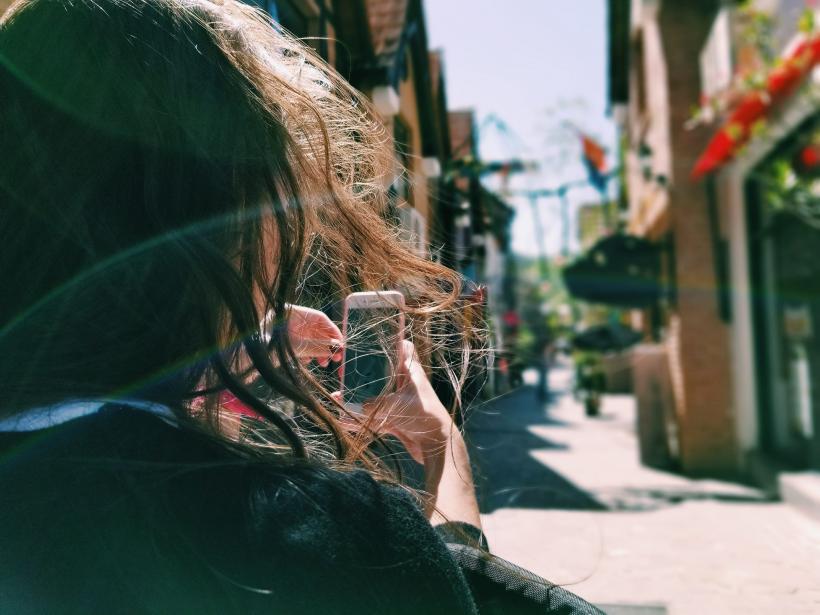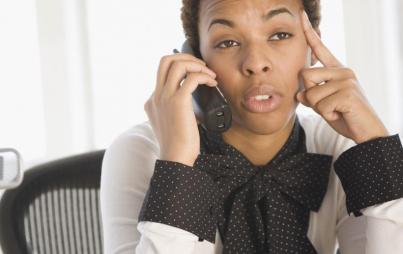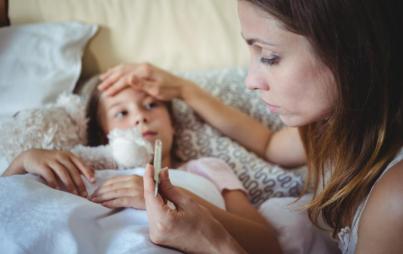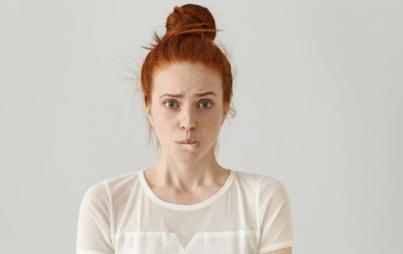
Photo by Martin Courreges on Unsplash
My issues with social media revealed themselves last year on Thanksgiving. I found myself lying flat on my bed, underneath a pile of blankets, scrolling through my Facebook and Instagram feeds until the battery on my phone threatened to die. I was hooked on looking at every single person’s happy holiday pictures until the hours crept late into the night and I kept feeling lower and lower about myself.
I didn’t have a big family to celebrate Thanksgiving with. I didn’t even have plans. I spent most of the day and night in my bed, with my phone attached to my hand, feeling my chest grow heavy, as I compared and contrasted my state of mind and state of being with everything I saw online.
I soon realized that admiring everyone’s seemingly perfect life was making me spiral into a pit of depression and I couldn't climb out.
Thanksgiving was supposed to be a holiday where you shared moments of gratefulness for all that you had. It made me even more depressed realizing that I was spending the holiday feeling envious for all that I didn’t have.
But that was just the start. After that day, I spent most of the month of December feeling depressed, refusing to see other people, hardly talking about my feelings, and instead, spending more and more time on social media wondering why everyone else seemed on top the world and I seemed like I was always flirting with being in the gutter.
Seeing perfection on social media wasn’t anything new. I had been on Facebook since it started over ten years ago. But it was suddenly slapping me hard in the face because I felt down about my life, my lack of friends, my lack of relationships, and my family issues.
You Might Also Like: Why I'm Leaving Facebook During The Holidays
One of the first things I did was admit all of this to my therapist, who advised me to delete social media, at least until after the new year.
I listened. When January swung around, I came out of the depression and was able to use social media again without having it trigger anxiety or depression. But that didn’t last long. By February, Valentine’s Day posts brought me right back to my Thanksgiving mood and it took me a whole 17 days to get out of the dark place I was in thanks to social media.
Shannon Kalberg, an LMFT and Individual Therapy & EMDR Practitioner, said that social media can be a very slippery slope: “My best advice as a professional is to notice how you feel before and after spending time on social media,” Kalberg says. “Ask yourself beforehand, how do I feel now right in this moment before I open this app? And after binging on social media, check in again and ask yourself honestly how you feel.”
Taking that advice to heart, starting in March, whenever social media made me feel even the slightest bit upset or depressed, I vowed to delete my apps and stay off for at least five days. That started to help me feel like I was under control of the things that trigged me to feel so low.
“When treating depression, I ask my clients what their emotional triggers are,” Kalberg says. “If you know that social media leads you down a dark hole of self-doubt, then it’s time to set boundaries around it and limit your usage. Always remember, social media is a curated view of someone’s life and does not accurately represent reality.”
Knowing that social media can trigger my depression has made me more aware of how long I’m spending on the app.
I have another rule that no matter what, I can’t spend more than 20 minutes on social media per day. Since I know that a lot of this social media-induced depression haunts me around holidays, I take the full week before a holiday totally off any apps.
With Thanksgiving just around the corner, I fear that I’ll throw this game plan out the window and end up with the same state of mind that I was in last year. I’m taking time offline to write a list of things I am wholeheartedly grateful for this year so that I can stare at that when I have any urges at all to scroll through my social media feeds.








